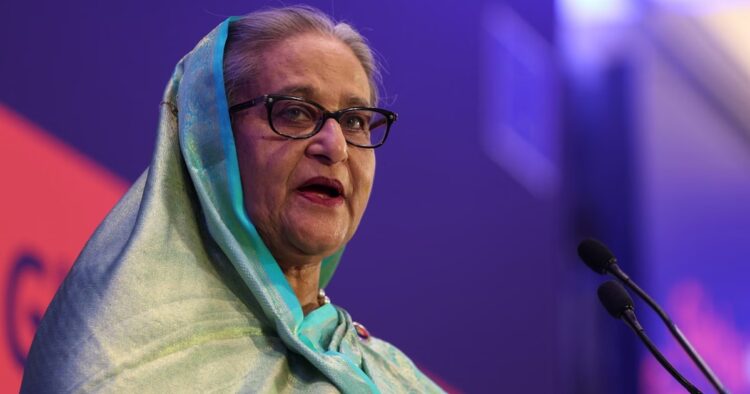In the run-up to the scheduled general elections on January 7, Bangladesh’s Prime Minister, Sheikh Hasina, has officially kicked off her campaign for a fifth term. Promising to transform the country into a prosperous and developed nation, she aims to eliminate homelessness and landlessness. However, her announcement comes amidst strong protests from opposition parties, who claim the elections could be manipulated in favor of Hasina’s Awami League party.
The Bangladesh Nationalist Party (BNP), along with Jamaat-e-Islami and numerous smaller parties, has voiced concerns about the fairness of the upcoming elections under Hasina’s leadership. Describing the elections as “farcical,” the opposition parties are urging the public to demand the restoration of democracy and to boycott what they perceive as an unfair vote.
In response to the opposition’s claims, Hasina rejected calls for a neutral government, deeming it unconstitutional. Accusing the opposition of orchestrating a deadly arson attack on a train in Dhaka that claimed four lives and sabotaging a railway track, she labeled these acts as extremist and terrorist. The political atmosphere is charged with accusations and counter-accusations.
Amidst the growing unrest, the BNP has called for civil disobedience across the country. Opposition parties have been organizing nationwide strikes and transport blockades to demand a vote under a neutral government, further escalating tensions. Hasina, however, remains firm in her stance against what she considers unconstitutional measures, citing the opposition’s alleged involvement in violent acts.
The situation has led to a series of police actions against the opposition. Police have accused the BNP of being responsible for the deadly train fire, a charge the party vehemently denies. Thousands of opposition officials and activists have been arrested over charges of violence, stemming from protests that intensified on October 28. Official data reports at least 11 casualties and 376 burnt vehicles during the demonstrations.
As Bangladesh braces for a critical electoral period, the political landscape is marked by polarization and heightened tensions, with both the government and the opposition locked in a struggle for power and legitimacy.

















Comments